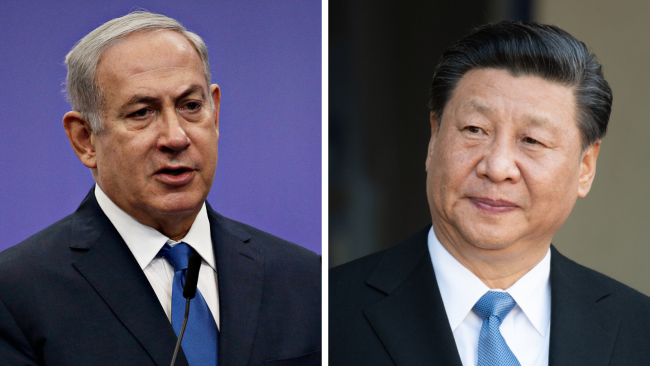3262 publications
Nigeria’s 2023 Election: Democratic Development and Political Fragmentation
Nigerians will go to the polls on February 25 to elect a new president and members of the National Assembly. This marks the 7th in an unbroken sequence of presidential elections held since the country’s return to democracy in 1999.
South Korea and IPEF: Rationale, Objectives and the Implications for Partners and Neighbors
As a key manufacturer of high-end technology components critical to the sustainability of the Fourth Industrial Revolution, South Korea is essential in any effort to rebuild a resilient global supply chain but also to the promotion of a clean economy. South Korea can thus contribute to two of the pillars of IPEF (Indo-Pacific Economic Framework), specially to pillars II and III (supply-chain resilience and a clean economy).
G20 Energy Transitions and Climate Finance Task Force Report
India is at the helm of the G20 presidency since the 1st of December 2022 for the duration of a year, with energy transition and climate finance being key topics on its agenda. In this context, the Gateway House put in place a G20 Energy Task Force to which Ifri’s Research Fellow, Diana-Paula Gherasim, participated.
Digital Sovereignty: European Policies, American Dilemmas
European digital sovereignty has been made a priority by Ursula von der Leyen’s European Commission. Due to the privileged position of American companies in the European market, Brussels’ efforts towards digital sovereignty (on privacy, antitrust, data sovereignty, etc.) are closely scrutinized by American policymakers.
Russia at War and the Islamic World
While Russia’s military invasion of Ukraine has resulted in a decoupling with the West on a scale not seen since the worst years of the Cold War, Russia has not been isolated from the non-Western world and has even reinvested its diplomatic energy toward the Global South.
Israel and China, a Test of Loyalty for the United States?
Like the Gulf monarchies, Israel has strengthened its economic cooperation with China since Xi Jinping came to power in 2013, leading to an influx of Chinese capital, whether in Tel Aviv's high-tech sector or in Israel's port infrastructure.
Mitigating Geopolitical Risk – Japan as a Stabilizer in Asia
In the current tumultuous geopolitical setting, Tokyo may have a very specific, stabilizing role to play.
The Politics of New Cities: Diversification of Actors and Recentralization of State Power in the Case of Diamniadio
The construction of new cities on the African continent is in vogue. From multifunctional urban hubs to eco-districts, the images that accompany the announcement of these projects promote an African urban future based on modernity and technology.












